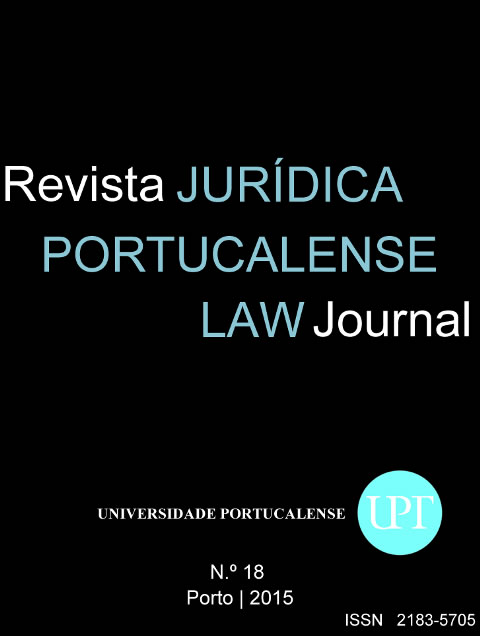A Lei n.º 27/2014, de 8 de maio. Algumas notas sobre a 6.ª alteração ao Código do Trabalho em matéria de despedimento por extinção de posto de trabalho
Résumé
A Lei 27/2014, de 8 de maio, alterou a redação do artigo 368.º do Código do Trabalho, sobre despedimento por extinção de posto de trabalho, na sequência da declaração de inconstitucionalidade da anterior redação, dada pela Lei 23/2012, de 25 de junho. Nesta matéria, a Lei 27/2014 reintroduziu critérios de preferência hierarquizados que devem ser observados pelo empregador para determinação do posto de trabalho a extinguir, quando existam na secção ou estrutura equivalente uma pluralidade de postos de trabalho de conteúdo funcional idêntico. Repôs, ainda, para aferição da impossibilidade de subsistência da relação de trabalho, o princípio de que a mesma é praticamente impossível quando o empregador não disponha de outro posto compatível com a categoria profissional do trabalhador. De um ponto de vista técnico-jurídico, pode dizer-se que a nova redação do artigo 368.º apresenta algumas contradições e ambiguidades que podem causar dificuldades, razões bastantes para a presente análise.
Téléchargements
Publiée
Comment citer
Numéro
Rubrique
Licence
Authors who published in the journal agree to the following terms:
- The Authors grant the Journal the right of first publication, and other non-exclusive publishing rights, licensed under the Creative Commons Attribution License which allows the sharing of work with recognition of its initial publication in this journal.
- Authors are able to take on additional contracts separately, non-exclusive distribution of the version of the paper published in this journal (ex .: publish in an institutional repository or as a chapter in a book), with an acknowledgement of its initial publication in this journal.
- Authors are permitted and encouraged to post and distribute their work online (eg .: in institutional repositories or on their website) at any point before or during the submission process, as it can lead to productive exchanges, as well as increase the impact and the citation of published work (See The Effect of Open Access).
RJP does not apply submission, publication or any other fees of any nature. Its articles are open access, with the goal of disseminating scientific knowledge and the debate of legal topics in the area of Legal Sciences.






